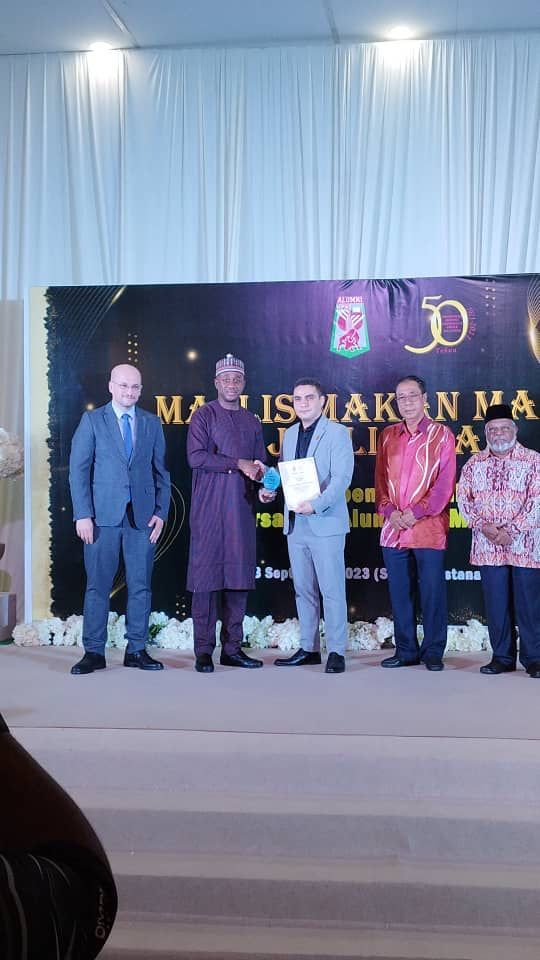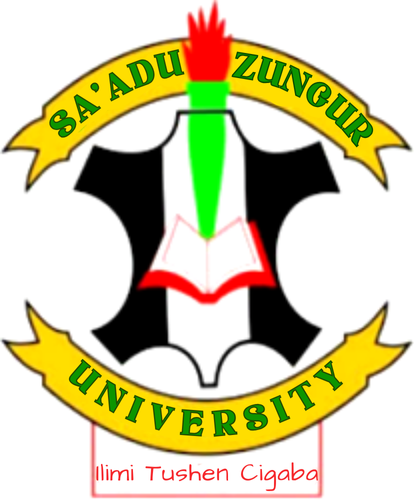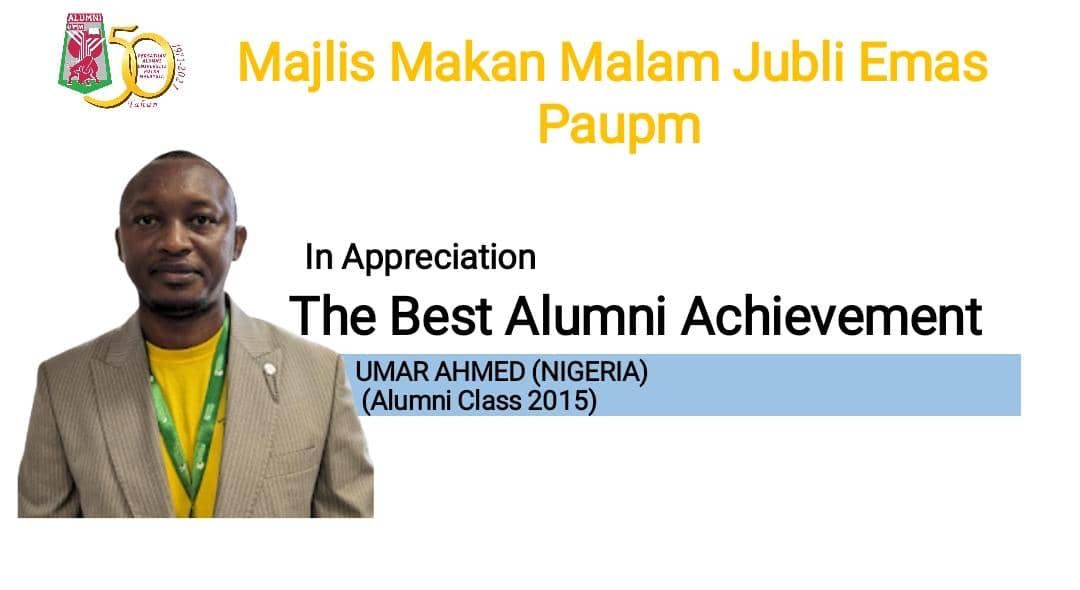
Umar Ahmad is the Head, Department of Anatomy and a member of the Faculty of Basic Medical Sciences at Bauchi State University, Nigeria. He is also a Visiting Bioinformatics Scientist with the Molecular Genetics and Infectious Disease (MOGID) Research Laboratory of the Abubakar Tafawa Balewa University, Bauchi, Nigeria, where he works on analysing sequencing data generated from experiments and training scientists how to analyse large-scale genomics datasets obtained from public repositories. His research team is interested in understanding the regulatory pathways that drive tumour recurrence and progression through application of genomics (WGS, WES) and transcriptomics (RNA-Seq, scRNA-Seq, Microarray) data integration. Thus, his research group works on identifying and elucidating the genetic components of regulatory and signalling pathways that drive cancer recurrence and progression with a primary focus on bladder cancer as a model.
Dr. Ahmad received his MSc in Anatomy (Cancer) with distinction and his PhD in Genetics (Cancer) at Genetics and Regenerative Medicine Research Centre (GRMRC) of the Universiti Putra Malaysia (UPM) under the mentorship of Professor Dr. Abhi Veerakumarasivam and in close collaboration with Professor Dr. Khatija Yusoff, and Dr. Chan Soon Choy at Malaysia Genome Institute (MGI). The impact of Dr. Ahmad’s work has been recognized by several awards and honours, including the Young Researcher Award, International Graduate Research Fellowship (IGRF), Galaxy Community Fund Fellowship, ISCB Travel Fellowship, Bioconductor Annual Meeting Travel Award, and RStudio Certified Tidyverse Instructor Award by RStudio Education Partners in the year 2020.
Ahmad has gained an extensive experience in handling large scale genomic data and as such, he primarily uses Unix/Linux and R/Bioconductor to analyse high-throughput sequence data and he is familiar with commonly used bioinformatics applications such as fastqc, MultiQC, readseq, samtools, sra-tools, seqkit, bwa, bwa-mem, bowtie2, FGSEA and DESeq2 Bioconductor packages. In addition to this, he is very familiar with renowned public databases such as ENCODE, TCGA, CCLE and many other bioinformatics databases for mining genomics and transcriptome datasets. Ahmad develops R/Bioconductor packages that could be used to extract cancer RNA-Seq data from cancer publicly available repositories, and analyse diverse cancer types.
Moreover, Dr. Ahmad is also a productive investigator as he has published a number of peer-reviewed scientific articles in local and international reputable journals including Nature Scientific Reports (2023), Frontiers in Genetics (2022), Nature Communication (2021), Global Health, Epidemiology and Genomics (2020), BMC Cancer (2019), European Journal of Neuroscience (2019), Disease Markers (2019), BioMed Research International (2015, 2017), BioRxiv and MedRxiv preprints services among others. Ahmad is also a recipient of numerous awards that includes the most recent; ASAPbio Fellow and Global Variome Fellowship in 2021, Open Life Science Fellowship, Award for supporting the establishment of BioRTC by the Yobe State Government.
Ahmad also works voluntarily in an international team of scholarly professionals at AfricArXiv – the pan-African Open Access portal – towards increased discoverability of African research output. His role involves facilitating manuscript submission moderation and quality assurance as well as representing AfricArXiv at international meetings, events and webinars. He also supports a team that provides mentorship, implements training and community building for the next generation of Nigerian scientists at the Science Communication Hub Nigeria. Inspired by Open Science (OS) movements that focus on making science more open, Ahmad founded Open Science Community Nigeria (OSCN), a scientist-driven nonprofit organisation working to embed open science principles and practices, promote openness, transparency and reproducibility in science. Ahmad is also the founder and CEO of BioSeq, a bioinformatics company that translates omics data into informative knowledge by providing quality high-throughput sequencing (NGS) data analysis. Thus, he is a strong advocate for community building that supports the data-intensive biomedical research community and underrepresented groups in STEM fields.
Dr. Ahmad is passionate about the opportunities to collaborate with biologists, scientists, pathologists, data scientists to develop effective strategies to better understand and treat cancers. Dr. Ahmad is occasionally found on Twitter (@babasaraky), sharing science and most of the time on Github (https://github.com/babasaraki), writing and committing codes to repositories and collaborating on open-source projects.

